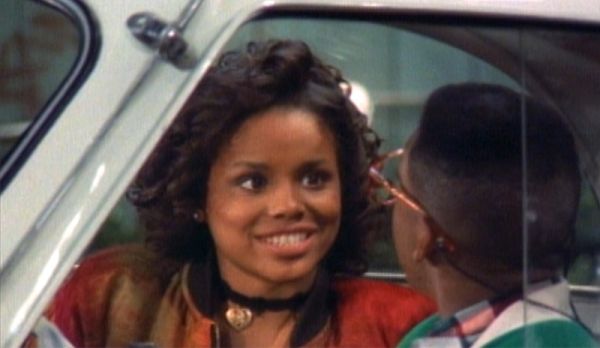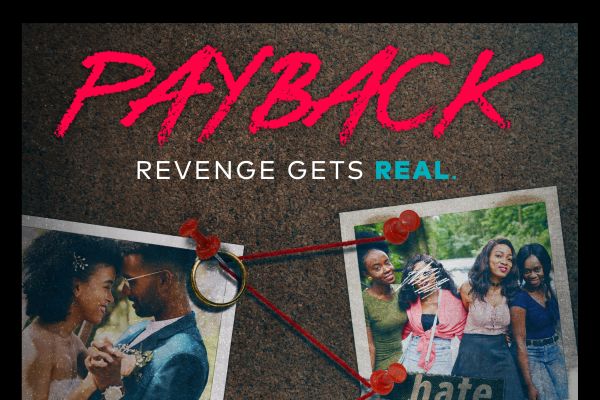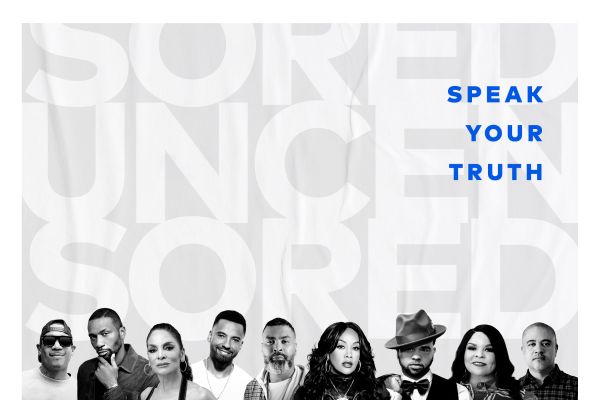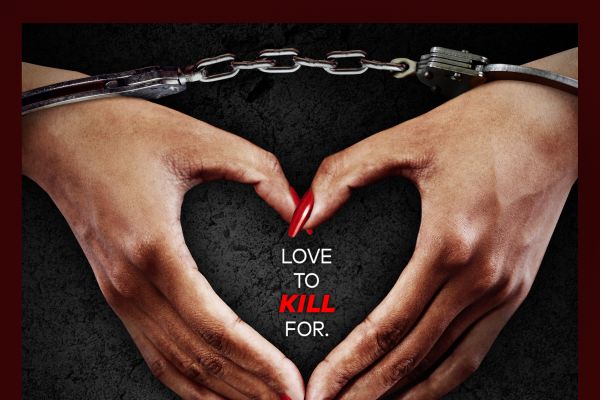
Mr. Motown. The Crown Prince of Cool. Prince of Soul. Marvin Pentz Gaye, Jr. earned these nicknames racking up a mind-blowing genre-defining oeuvre of over 40 US hit records for the better part of three decades for the legendary Motown Records.
But by the dawn of the 80s, the man whose seminal 70s albums What’s Going On? and Let’s Get It On seemed to have lost his touch. Marvin Gaye’s two previous albums, Here My Dear (1978) and In Our Lifetime (1981) failed to produce the hits Motown and his public had been accustomed to.
After being released in 1982 from Motown the only label he’d ever known, Gaye began a nomadic existence–hopping from Los Angeles to Honolulu then London. Fighting the double demons of depression and drug addiction, Marvin was also facing likely imprisonment for tax evasion to the tune of $4 million. Divorced from Wife #1, Anna Gordy (Berry’s sister), and separating from his second wife Janis and his three his children Nona, Marvin III and Frankie, Gaye felt unloved and aimless. At 42 years old, he was broke, drugged out and washed-up–an artist without a home, label or country.
Marvin jetted to Belgium–in part to reboot physically and spiritually, perchance to resurrect his career. Gaye rehabbed, got back in shape, and he started touring across Europe. Inspired by listening to reggae in London, Gaye crafted a skeleton melody, then the former session drummer fleshed it out with a drum track (one of the first to use the Roland TR808). The singer-songwriter added subtle guitar line, percussions, synthesizers and organs for an otherworldly feel. By meshing gospel, funk, ’80s New Wave and layered backing vocals, Marvin Gaye completed a haunting and salacious single called “Sexual Healing.”
With its pleading, opening refrain, “Baby I’m hot just like an oven/I need some lovin,” it instantly eclipsed any of Gaye’s previous libidinous cuts like “Let’s Get It On” and “Feel All My Love Inside You.” Suddenly, Gaye’s sex-symbol status was reborn: “Sexual Healing” briefly restored him to the throne and paved the way for far more explicit acts to follow. (Think pre-purple Prince was listening?)
Upon hearing the demo, CBS subsidiary Columbia Records signed Gaye to a three-album deal. “Sexual Healing” became a worldwide smash: With over a million copies sold, it became the best-selling song of Gaye’s career. Midnight Love, the album, sold 3 million copies domestically, eventually selling 6 million copies worldwide. “Sexual Healing” charted #1 in America, becoming the fastest-rising single on the R&B charts in five years, and stayed atop the R&B charts for over 10 straight weeks (an ‘80s-era record). “Sexual Healing” would eventually cross over to #3 on the Billboard Hot 100 charts; #1 in Canada and New Zealand; Top 10 in the UK and Netherlands; and Top 40 in Germany, Italy, Sweden and Switzerland. In 1983, “Sexual Healing” won two Grammys: Best R&B Instrumental and Best Male R&B Vocal Performance, and Gaye performed the song live on the the show’s telecast. Riding this wave of success, Gaye also wwnt on to bless America with the most soulful rendition of the National Anthem for the 1983 NBA All-Star Game.
Tragically, “Sexual Healing” would be Gaye’s apotheosis. Infamously shot and killed by his father, Reverend Marvin Pentz Gay, Sr. on April 1, 1984, the day before his 45th birthday, there would be a few posthumous releases, but nothing even close to “Sexual Healing.” In the three decades since, “Sexual Healing” has been covered and sampled by artists too many and too diverse to list. To this day, “Sexual Healing” remains a staple in any bedroom, on any playlist designed to inspire serious love-making.
With scientific studies that now endorse the positive health benefits and endorphin-producing effects of sex, Gaye’s 30-year-old lyrics are quite prescient: “Makes me feel so fine/Helps to relieve my mind/Sexual healing baby, is good for me.” Good for all of us, Marvin. All of us.







